Student Organizing & Change-Making on University Campuses
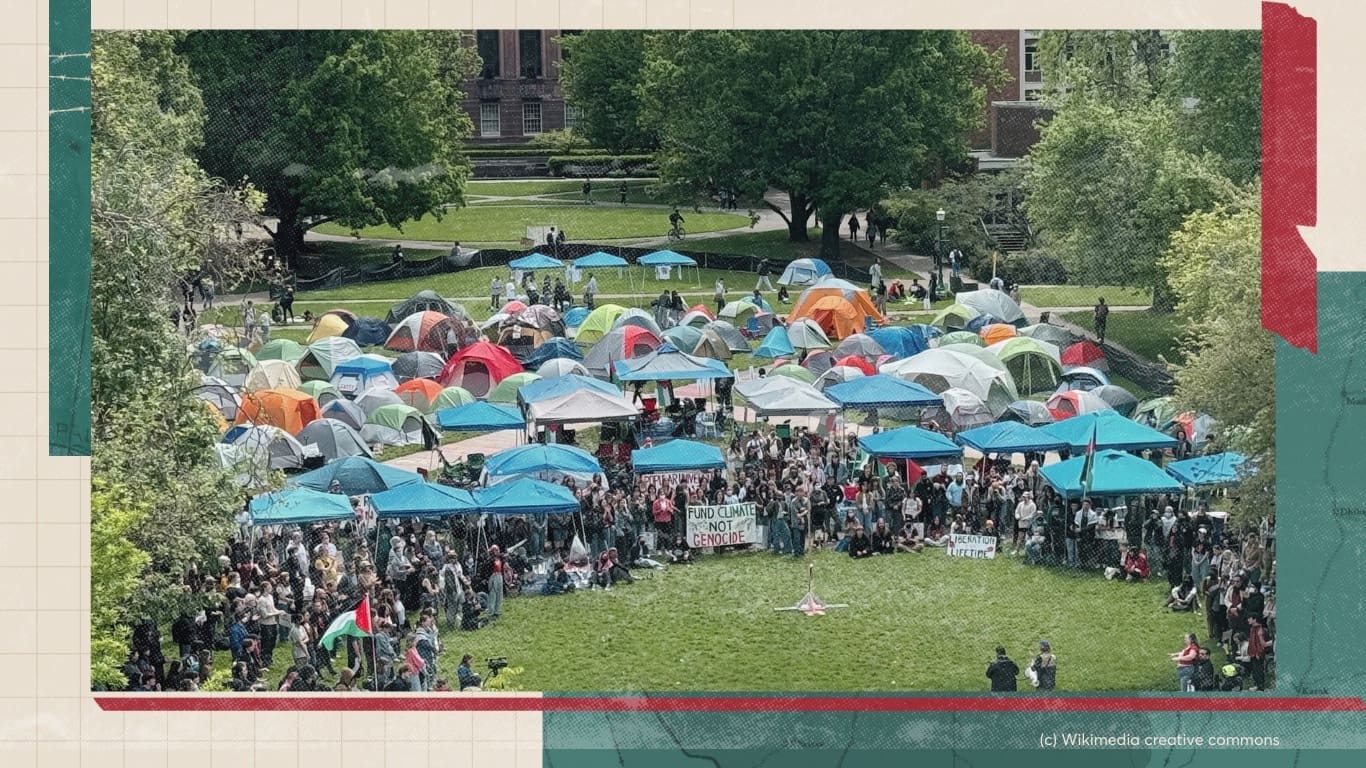
This commentary is based on an episode of Rethinking Palestine, Al-Shabaka’s podcast series, which aired on May 27, 2024. The discussion may be listened to in full here. In April 2024, students at Columbia University set up an encampment on campus grounds in solidarity with the Palestinian people—particularly those in Gaza facing the ongoing genocide. […]
The Floating Gaza Pier: A Symbol of Future Colonial Plans
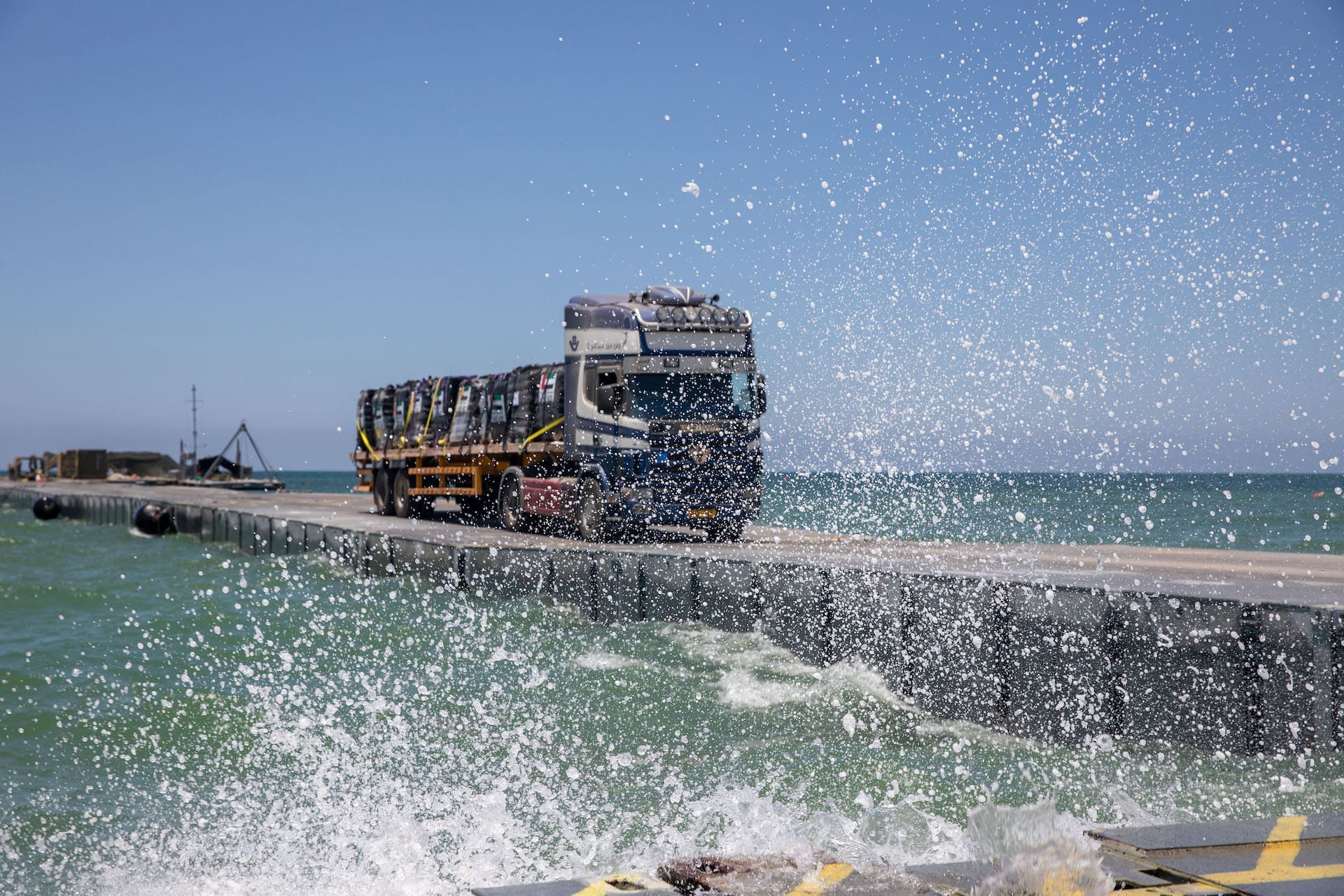
On May 17, 2024, the US Central Command (CENTCOM) began operating a temporary floating pier off the coast of Gaza. The pier’s construction was purportedly part of a rapid international response to ensure larger flows of humanitarian and relief aid into Gaza amid Israel’s ongoing genocide and escalating warnings of wide-spreading famine and food insecurity […]
The Enduring and Racist Trope of Palestinian Rejectionism
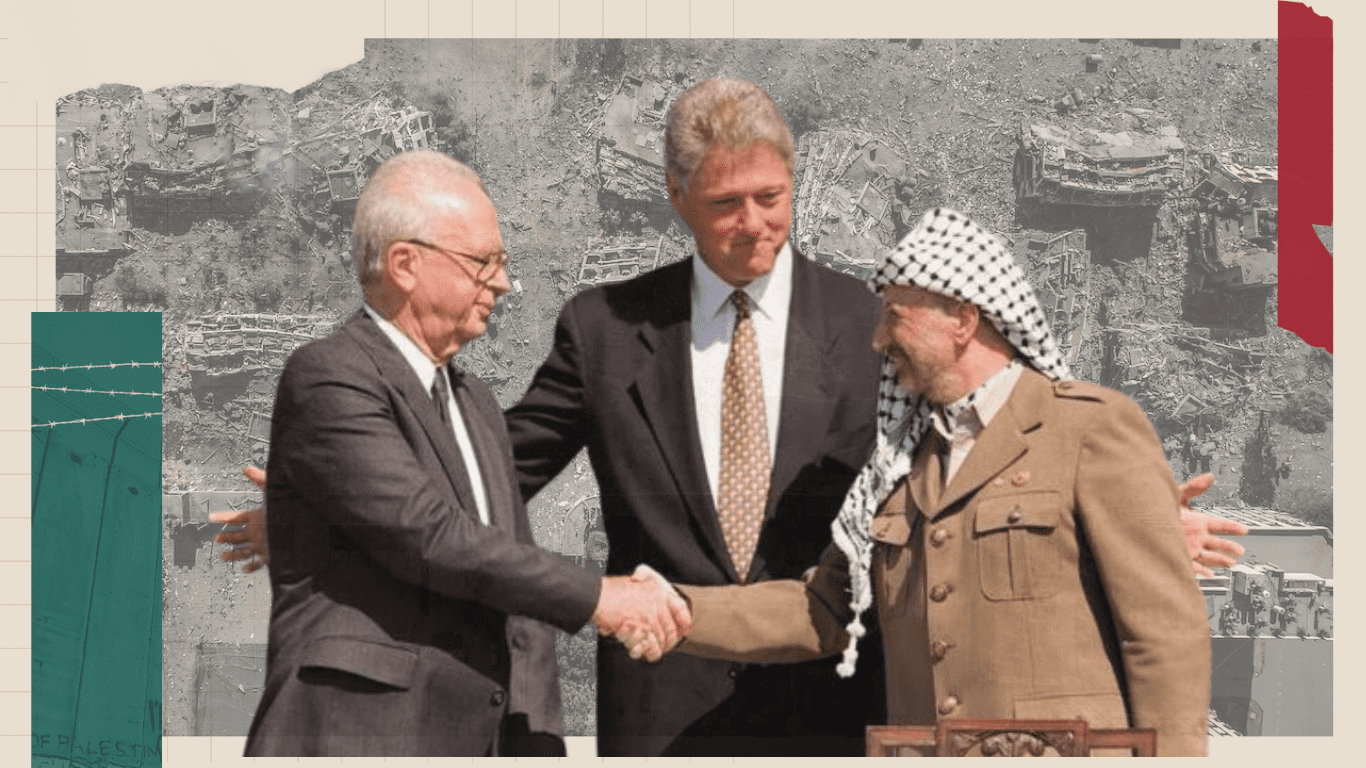
Since the beginning of the Zionist project in Palestine, large efforts have been exerted to paint all resistance to its colonial endeavors as irrational and at odds with progress and modernity. From the onset, Theodor Herzl, founder of political Zionism, envisioned that local Palestinian Arabs would welcome the progress brought by Zionist colonizers and greet […]
Rebuilding Gaza: Considerations for a Habitable Future
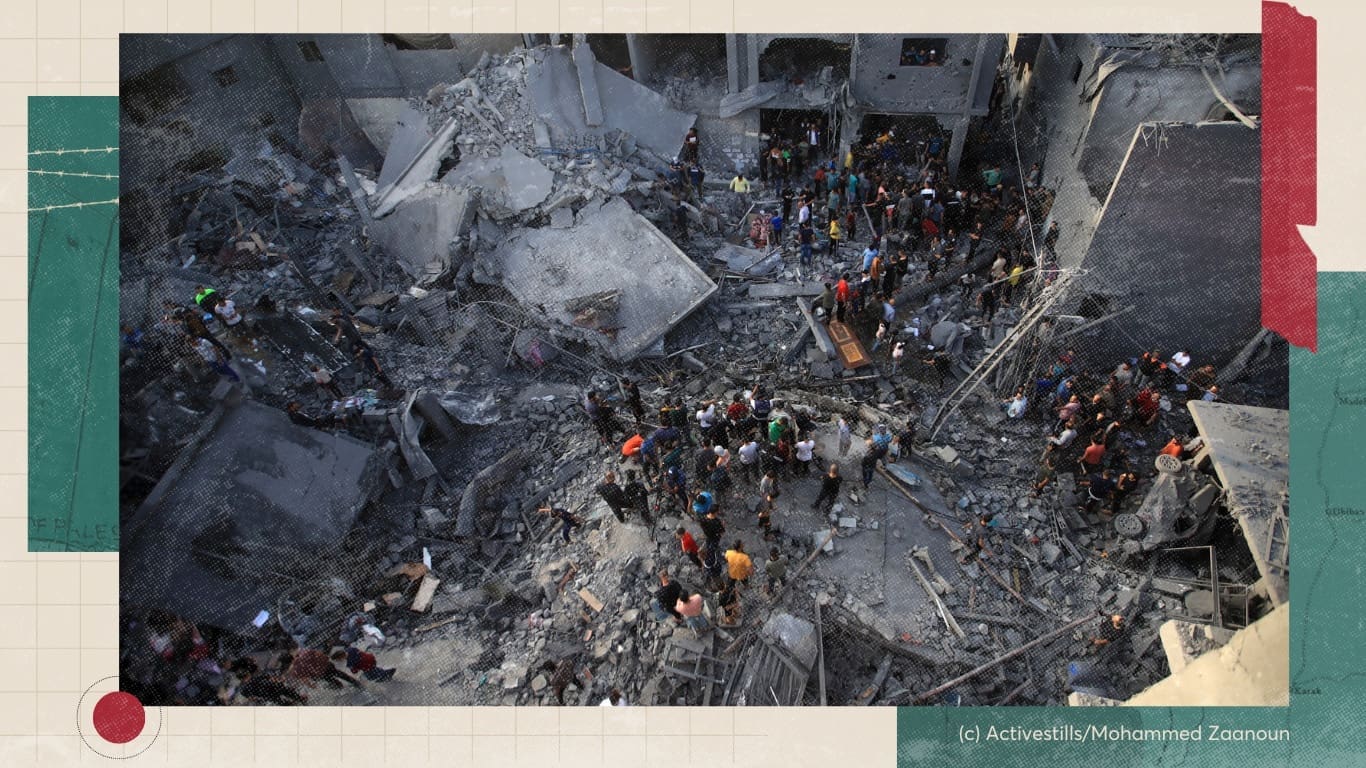
Introduction Israel’s assault on Gaza has raged on for over seven months, with no end yet in sight. Undoubtedly, the genocide has had a global impact—from Houthi mobilization in the Red Sea, to rising tensions between Israel and Iran, to mass student mobilization across the US and Europe. Still, while the world’s attention may be […]
The Gaza Genocide in Western Media: Culprits of Complicity

This commentary is based on a presentation delivered by Al-Shabaka Co-Director Yara Hawari at the 2024 Annual Palestine Forum, hosted by the Institute for Palestine Studies and the Arab Center for Research and Policy Studies in Doha, Qatar, in February, 2024. Introduction Since the beginning of the genocide in Gaza, Israeli regime bombardments and forces […]
The Continuation of Zionist Settler Colonialism

The Israeli regime is currently committing genocide against Palestinians in Gaza, aiming to eliminate the Indigenous community through slaughter, starvation, and mass expulsion. While devastating, it is imperative to recognize that this practice is not new. Rather, it is part of Israel’s decades-long Zionist colonial project. In this commentary, guest author 24440 outlines three defining features of Zionist settler colonialism: its structural nature, strategy of elimination, and use of fragmentation. It is through these tactics, Nabulsi argues, that the Zionist project seeks to ultimately extinguish Palestinian Indigenous sovereignty.
An Inevitable Rupture: Al-Aqsa Flood and the End of Partition
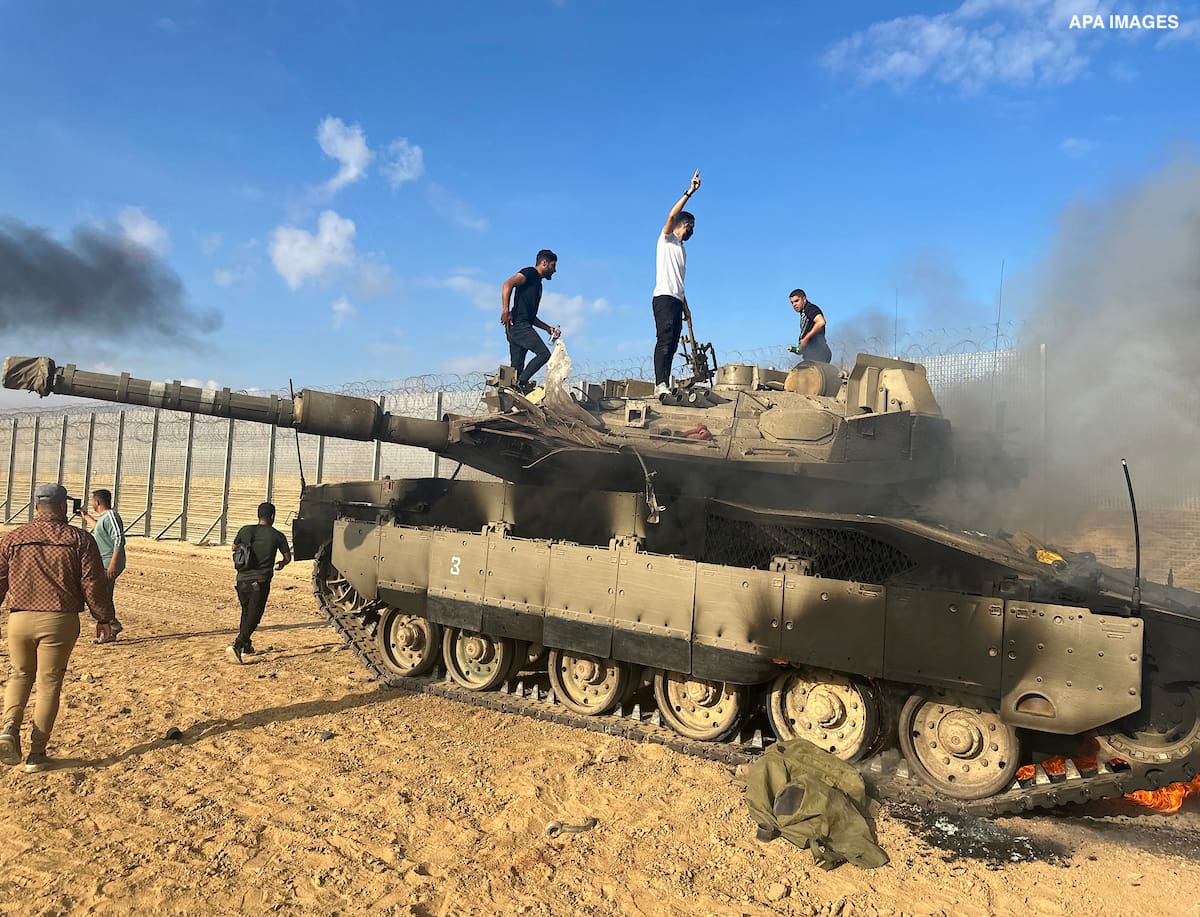
Hamas’s surprise offensive on October 7th, 2023, dealt the most lethal blow to the Israeli military and public since Israel’s establishment in 1948. In retaliation, Israel launched the most extensive military assault on Gaza in its history. The speed with which Israel mobilized and the scale of its assault underscore the Palestinian conviction that the settler colonial regime is executing long-held plans for mass expulsion. Against this backdrop, Al-Shabaka Board President Tareq Baconi anchors Israel’s latest assault on Gaza in its wider context. He unpacks Israel’s ghettoization of Palestinian land and pinpoints Hamas’s Al-Aqsa Flood operation as a moment of rupture for the partition framework, bringing the question of what comes after partition to the forefront.
Consensus-Building for Liberation: Reflections from Lebanon
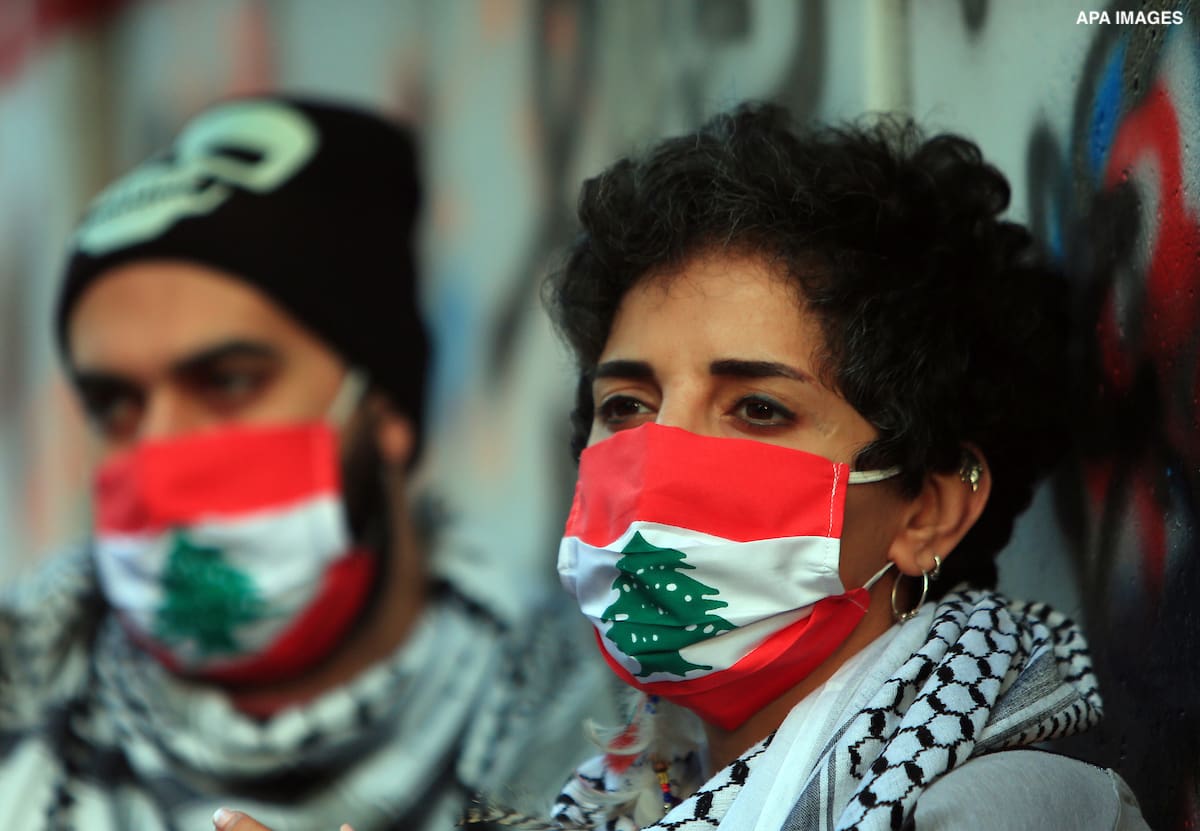
Consensus-building can be a long and challenging process. In the case of Palestine, achieving consensus among the forcibly fragmented Palestinian people is both particularly difficult and of critical importance in order to create a united national movement. In our latest commentary, Al-Shabaka Policy Analyst Jaber Suleiman weighs in on the role of consensus-building in the context of a liberation struggle and draws on lessons from Palestinian organizing in Lebanon.
The PA’s Revenue Structure and Israel’s Containment Strategy
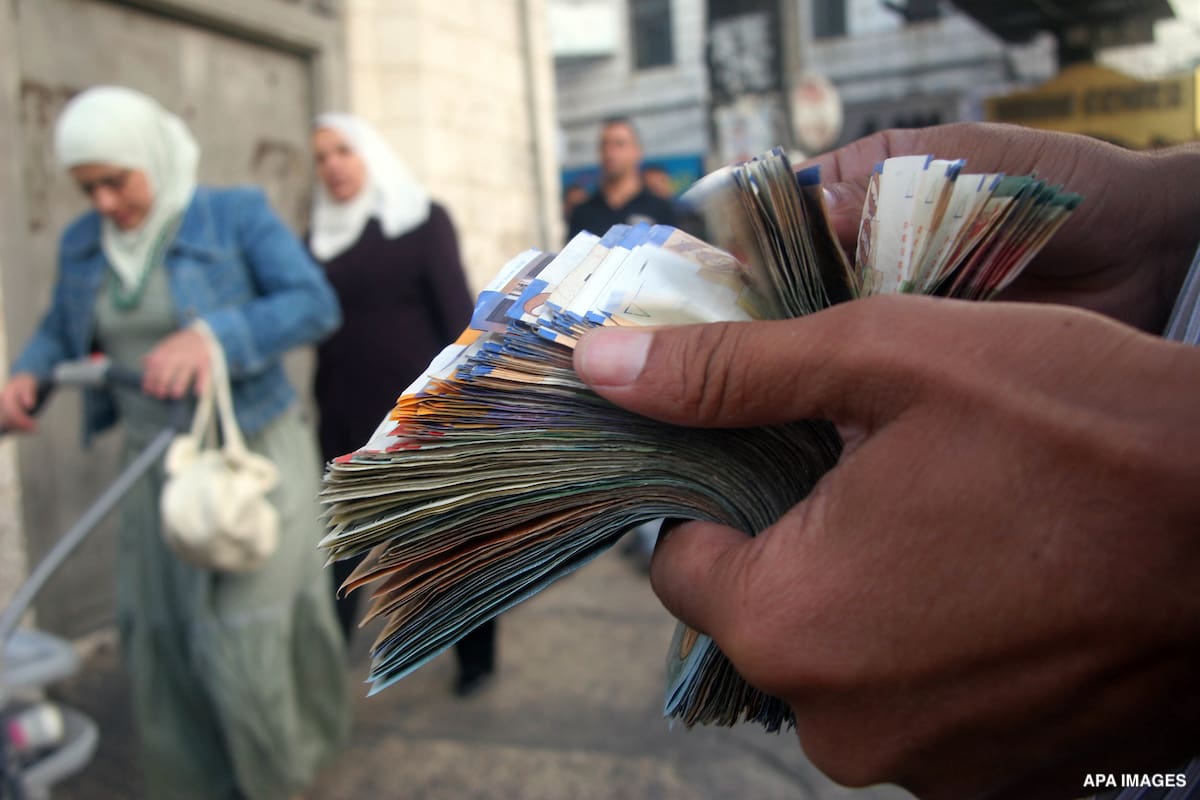
The Palestinian Authority’s budget disproportionately relies on clearance revenues that the Israeli regime regularly withholds as political blackmail. Combined with a negligible domestic tax base and the absence of political sovereignty, it is therefore futile to speak of real fiscal reform within the PA. In this policy brief, Al-Shabaka policy analyst, Amal Ahmad, examines the foundational logic of this distorted arrangement.






